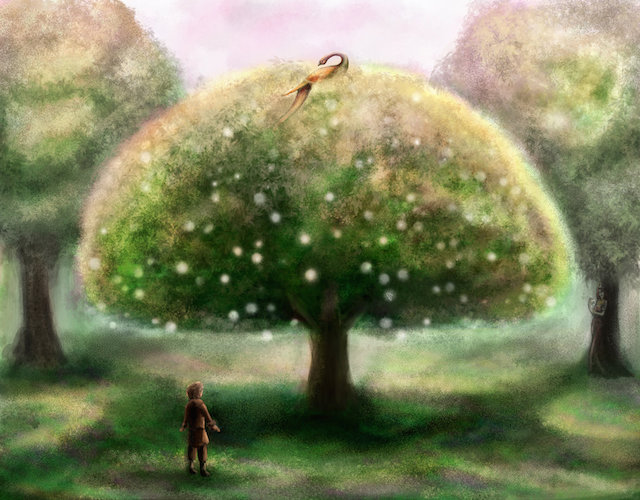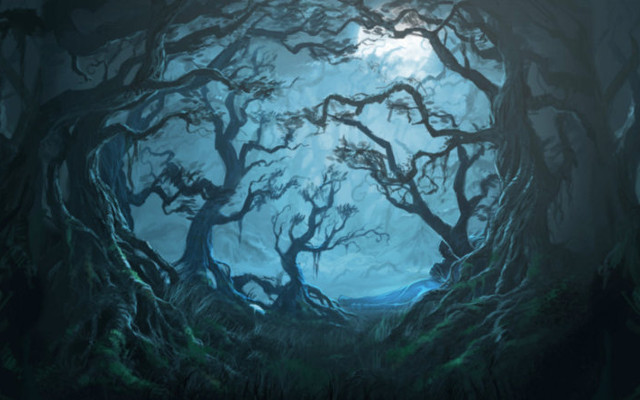Graeme Whiting, headmaster at the Acorn school in England caused a stir when he said that reading fantasy books, including Harry Potter, leads to brain damage. Here is his blog post on that statement.
Here is some of his anti-fantasy hatred:
“I want children to read literature that is conducive to their age and leave those mystical and frightening texts for when they can discern reality, and when they have first learned to love beauty. Harry Potter, Lord of the Rings, Game of Thrones, The Hunger Games, and Terry Pratchett, to mention only a few of the modern world’s ‘must-haves’, contain deeply insensitive and addictive material which I am certain encourages difficult behaviour in children; yet they can be bought without a special licence, and can damage the sensitive subconscious brains of young children, many of whom may be added to the current statistics of mentally ill young children…”
He would prefer children to read classic literature and poetry such as Wordsworth, Dickens, Shakespeare, etc. These are good things to read, but I believe that children should read books they enjoy. We should be encouraging children to read whatever they like to read. So many people just claim they don’t like reading; they should be able to read whatever they enjoy.
Also, he says these books are “addictive.” How is that a bad thing with books? A good book should be “addictive.” It should be enjoyable to read. It should be something that keeps you up at night because you just HAVE to know what happens next.
Whiting also says that these types of books can “hurt” children who are struggling with mental health problems. I believe just the opposite. Sometimes a good fantasy story can make you happy. Good fiction allows you to escape from your boring, everyday life. It allows you to live the adventure that the characters are facing.
As someone who has experienced depressive episodes, reading a good book can cheer you up immensely. It gives you something to look forward to.
This teacher should be encouraging his students to read, not picking apart WHAT they are reading. Here is a little video promoting child literacy:
YouTube Channel: Lakeshore Production
Featured image Elen Nivrae via Flickr, available under Creative Commons Attribution 2.0 Generic license.



